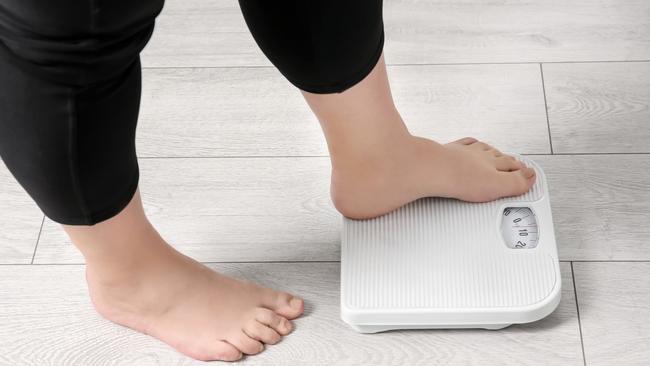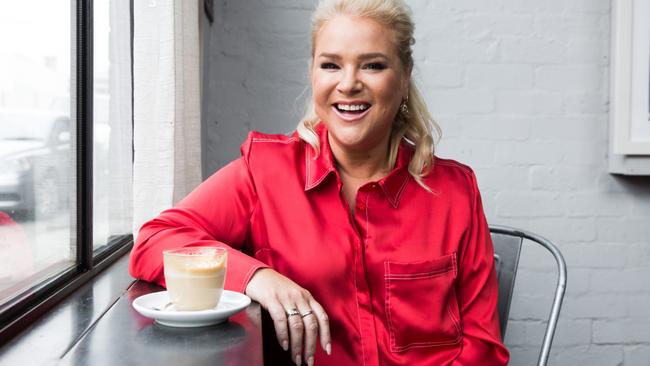Monash study calls out negative bias towards overweight patients
Serious health diagnoses are being missed or dismissed in some overweight patients as health professionals lean toward a negative bias on weight.

Victoria
Don't miss out on the headlines from Victoria. Followed categories will be added to My News.
Some health professionals have a negative bias towards overweight patients, which can lead to them overlooking key diagnoses.
In a first, a study led by Monash University’s Department of Neuroscience has also looked at whether social media influences the way that health professionals treat and diagnose patients.
It found across the board that many health professionals struggled to talk about weight and were often dismissive of the impact of social media on their patients.
Senior lead Gemma Sharp from Monash University said the study noted scepticism in the health professionals interviewed about the apparent damage caused by the body positivity movement and that patients’ own health concerns were at times ignored if they were over or under-weight.
Associate Professor Sharp leads the Body Image and Eating Disorders research group at Monash. She said serious health diagnoses were being missed or dismissed in people based on their weight.
“Patients are told: ‘You just need to diet and exercise more’, but what if a person has arthritis for example? I feel like it is honestly seemingly one of the last forms of acceptable discrimination. Weight stigma is not OK”.

Professor Sharp said the aim of the Monash-led study was to examine the perspectives of health professionals regarding body image movements on social media, in particular body positivity, pro-anorexia and body neutrality.
It also looked at whether health professionals believed the movements were relevant to their practice.
“In my clinical practice I don’t think there is a patient who hasn’t said to me they haven’t been weight shamed by a health professional at one point or another,” she said.
“They tell me they haven’t brought up weight; it is brought up unsolicited.
“We understand that weight needs to be brought up by health professionals, but this needs to be done sensitively.”
Associate Professor Sharp said there were different degrees of understanding by health professionals in the study, particularly about social media, with many asking “how is it relevant?”.
“It is relevant because it influences all their patients,” Assoc. Prof Sharp says. “People of all ages spend time on social media and the bodies they see do influence how they view their own.”
She said it also influenced the health information they received.
“Whether it is correct or incorrect, if doctors aren’t acknowledging social media as a source of information then they are missing out,” Assoc. Prof Sharp said.
The Monash team recently published the results of the study in the journal Body Image.
They interviewed 22 medical and eight allied health professionals from diverse settings within Australia. The study included general practitioners, psychiatrists, bariatric surgeons, endocrinologists and psychologists, as well as two dietitians.
Associate Professor Sharp says the study has exposed the strong influence health care professionals can have over how their patients relate to their own bodies, including experiences of weight-based discrimination.
She says another study is under way focused on GPs in Australia as further research was needed to make sure researchers know where the gaps in knowledge are.
“Based on the study we have done we know that health professionals can sometimes struggle to talk about weight sensitively,” she said. “In the next study will be looking at those deficits and suggesting solutions.”
The study found health professionals rarely discussed body image movements in consultations and suggests they may benefit from social media literacy training.
In February Gogglebox Australia star Yvie Jones wrote on Instagram that she was “weight-shamed” by a doctor after seeking medical advice for a lump on her neck.
She reposted a video from a young woman who had also claimed she was struggling to find a doctor to take her health concerns seriously because of her weight.
The TV personality said at the time she had been weight shamed by her doctors “for years”, adding she went to see a doctor about a lump on her neck.
“Without hesitation he asked me if I could come back and see a dietitian, without telling me what was wrong with my neck,” she posted.
Originally published as Monash study calls out negative bias towards overweight patients





